FICAP presented at G-STIC Pretoria 2025


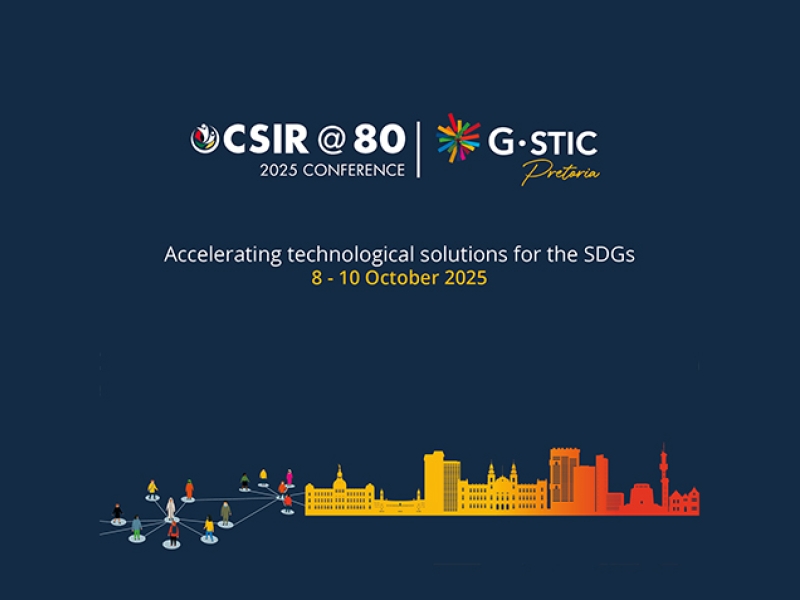
Showcasing FICAP stories and building bridges
The G-STIC Conference is one of the world’s leading platforms for technological innovation in the context of sustainable development. The 8th edition of the G-STIC Conference, known as G-STIC Pretoria, will take place from 8 to 10 October 2025 at the CSIR International Convention Centre in Pretoria, South Africa.
During the conference, many FICAP-related organisations will take the stage. They will have the chance to showcase their expertise and innovations to a broad stakeholder network, engage in meaningful discussions with policymakers and meet like-minded frontrunners from across the globe. Represented organisations include NGOs such as VVOB, SMEs such as Nazka Mapps and Bosaq and research institutions such as VITO and KU Leuven. Their participants will share insights and first results on their climate projects supported by FICAP.
Would you like to participate? Don’t hesitate to reach out to info@climate-action-programme.be
Advancing environmental health in Africa: biological & air quality monitoring

9 Oct | 9:30–11:00
This session explores the intersection between climate, health and technology — showcasing how environmental monitoring and artificial intelligence can provide real-time insights into pollution exposure. These innovations are key to strengthening public health systems and shaping better policy responses across African cities.
Drawing on the FICAP project on air pollution and AI in Kenya, the session features Nick Rahier (KU Leuven), who will highlight the creation of a human sensor network in Nakuru, a rapidly growing city northwest of Nairobi. This approach illustrates how citizen participation and digital tools can accelerate progress in environmental health monitoring and help address one of Africa’s most pressing health challenges.
More info: Session overview | Air pollution in Nakuru, Kenya project
Decentralised Water-Energy solutions for local sustainability
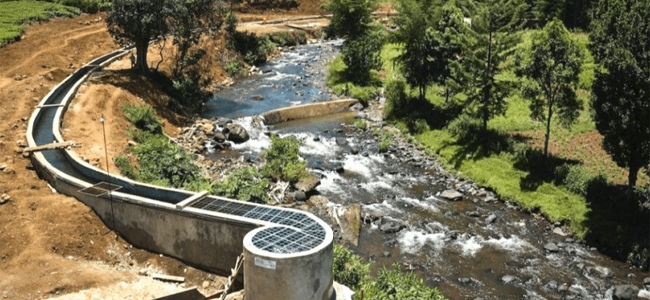
9 Oct | 9:30 – 11:00 & 11:15–12:45
Access to clean water and reliable energy remains a critical challenge, particularly in rural areas and informal settlements. Organised by VITO, this two-part session explores how decentralised water-energy solutions — from solar-powered water treatment to hybrid microgrids — can deliver social, environmental and economic benefits where conventional infrastructures fall short.
The discussion will span two deep dive sessions in the morning. These discussions draw on FICAP projects by BOSAQ, Turbulent and Rikolto, showcasing practical solutions from different regions.
Jacob Bossaer will share how BOSAQ’s solar-powered drinking water systems in Suriname improve access to safe water in off-grid communities, while Frederik Ragé will highlight the potential of Turbulent modular hydropower for modular hydropower for clean, affordable electricity in remote areas. Shukuru Tweve will zoom in on the benefits for local farmers in Tanzania when using off-grid solar powered drip irrigation systems.
More info: Session part 1 overview | Session part 2 overview | Rikolto project | BOSAQ project | Turbulent projects
Reimagining education: Empowering youth through education & innovation for climate action
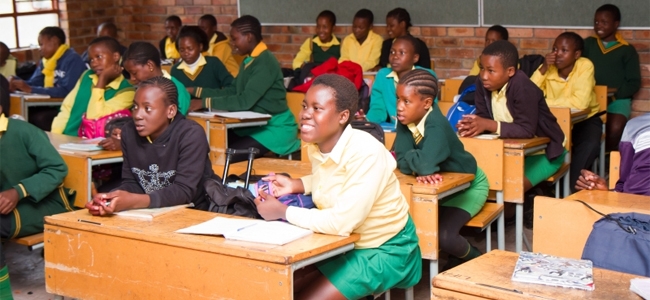
9 Oct | 9:30–11:00
How can education not only prepare young people for the future, but also equip them to shape it? This session, organised by VVOB, puts the spotlight on innovative approaches that turn education into a driver of climate action. From digital tools to research-based strategies, speakers will show how Southern Africa is building the foundations for a new generation of climate leaders.
Moderated by Ayanda Sithole (VVOB), the panel will highlight best practices from VVOB’s Keep it Cool project in South Africa, where schools, policymakers and a broad stakeholder network work together to put climate change education on the national agenda. Lien Bakelants (Nazka Mapps) will share insights from Plan International’s Youth Climate Champions project in Malawi, which empowers young people through tailored education and awareness programmes. Both initiatives are part of the FICAP programme, and together, they illustrate how education and innovation can become powerful levers for systemic change.
More info: session overview | project VVOB | project Plan International
Data innovation in strengthening climate resilience: Empowering local communities to collect, create and analyse diverse data
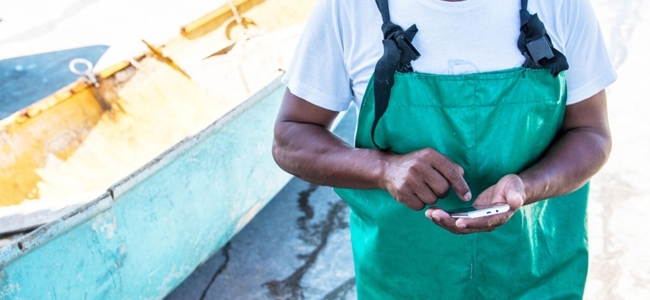
9 Oct | 11:15–12:45
How can local communities turn data into power? This interactive workshop, co-organised by KU Leuven–HIVA, Abalobi and Voices That Count, explores how data innovation can strengthen climate resilience when communities themselves are equipped to collect, create and analyse information. By combining local knowledge with new technologies, communities can move from being passive recipients of aid to active drivers of change.
The session will feature insights from Evelien Storme (KU Leuven–HIVA), Steff Deprez (Voices That Count), and Angela Heyburgh and Mat Richardson (Abalobi). Together, they will share lessons from the FICAP project with small-scale fisheries in Cape Town, highlighting both the pitfalls and best practices of empowering communities to use data for climate adaptation. Participants are invited to exchange experiences and explore innovative approaches that put data — and agency — in the hands of local actors.
More info: session overview | Project Voices That Count
Community-based epidemic and disaster preparedness
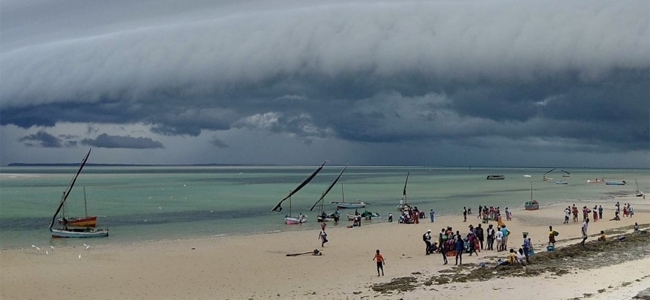
9 Oct | 14:00–15:30
The Red Cross Flanders International team co-hosts this session with Fiocruz, a world-renowned health institute in Brazil, to spotlight community resilience in the face of epidemics, disasters and the growing impacts of climate change. The discussion will show how locally driven preparedness, rooted in trust, local knowledge and science, technology and innovation (STI), can strengthen health systems and reduce vulnerabilities.
The session draws on experiences from FICAP projects of the Red Cross in Malawi and Mozambique, where communities are building resilience through disaster preparedness, humanitarian response and nature-based solutions that address both health and climate risks. Speakers include Dr. Fernando Ferreira Carneiro (Fiocruz Ceará), Olivier Rogier (Belgian Red Cross) and Ernesto Massingue (Mozambique Red Cross), who will share concrete experiences from the field. Their stories highlight how community-led strategies can bridge critical gaps in early warning, response and recovery in an era of climate-related crises.
More info: session overview | Red Cross projects in Southern Africa
TechTalk – Building with nature at Jan De Nul Group
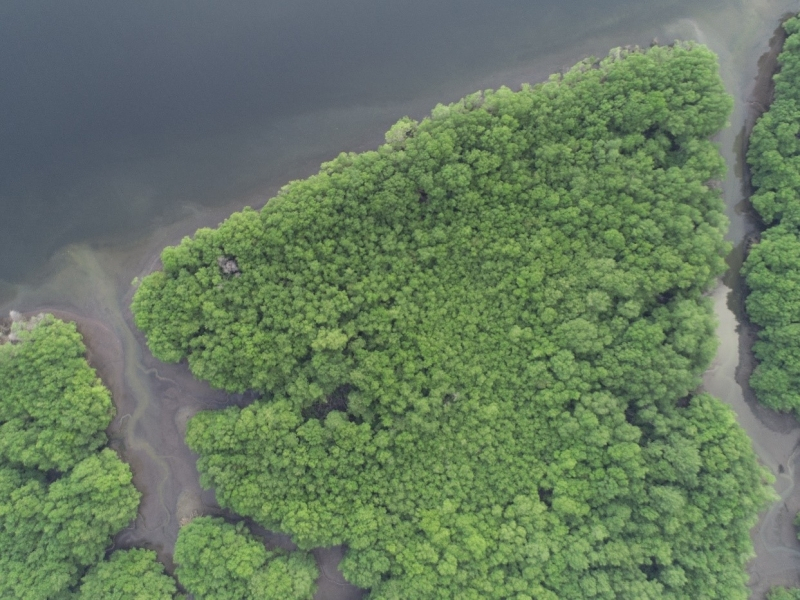
8 Oct | 12:40 – 12:55
This TechTalk, hosted by Jan De Nul Group, explores how nature-based solutions can be integrated into coastal infrastructure to strengthen resilience against rising sea levels, stronger storms and eroding shorelines. Participants will hear how research and innovation are driving new designs for reefs, dunes, wetlands and mangroves that restore ecosystems and boost biodiversity.
Drawing on the Aquaforest project of Jan De Nul Group, Jelle Evenepoel (Manager Marine Environmental Department) will share practical insights into how engineering and natural assets can be combined. The session highlights how building with nature can deliver climate-resilient coastal protection and create a future where people and ecosystems thrive together.
More info: Mangrove restoration project in Ecuador
TechTalk – Scaling First Aid through smartphones
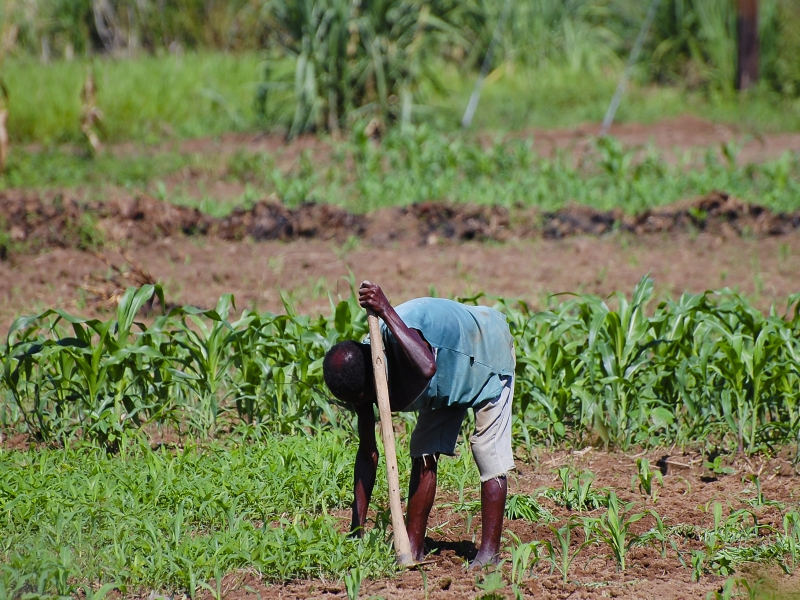
9 Oct | 11:40 – 11:55
Hosted by the Belgian Red Cross-Flanders, this TechTalk explores how digital innovation can help scale life-saving knowledge across Sub-Saharan Africa. A new blended learning app makes first-aid training accessible even in regions with limited connectivity, diverse device use and multiple languages. With offline access and locally adapted content, the app lowers barriers and reaches more learners.
Olivier Rogie (Belgian Red Cross-Flanders) will present how the app is already saving lives by combining digital tools with traditional training methods. The session highlights how technology can break down structural challenges, support community resilience and build the skills needed for faster, more effective emergency response.
More info: Session overview | Red Cross publication
Exhibition booth – Plan International Malawi
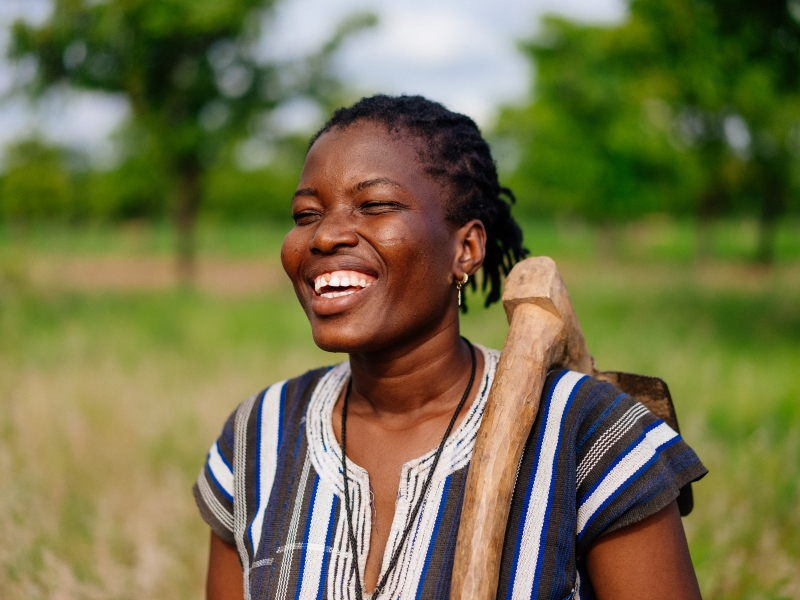
Throughout the conference
At the exhibition, Plan International Malawi will showcase their Youth Climate Champions project, part of the FICAP programme. This initiative empowers young people through inclusive education and awareness-raising, enabling them to become active climate champions in their communities.
Accelerating technological solutions for the SDGs
The G-STIC Conference is one of the world’s leading platforms for technological innovation in the context of sustainable development. Bringing together entrepreneurs, innovators, industry leaders, researchers, policymakers, investors, and social and economic actors the conference explores market-ready technological innovations with the potential to substantially impact the realisation of the Sustainable Development Goals (SDGs).
The 8th edition of the G-STIC Conference, known as G-STIC Pretoria, will take place from 8 to 10 October 2025 at the CSIR International Convention Centre in Pretoria, South Africa. This landmark edition is hosted by CSIR (Council of Scientific and Industrial Research) and coincides with the 80th anniversary of the research institution. The joint celebration is the ideal moment to highlight, the organisation’s ongoing dedication to scientific and technological excellence in support of sustainable development.
With a strong regional focus, G-STIC Pretoria aims to amplify African perspectives within the global sustainability dialogue. Through hands-on collaboration and knowledge exchange, participants will help shape practical, scalable solutions that contribute to a fairer, more resilient, and sustainable future.
Learn more about the programme
Supported by ten international co-hosts from Belgium, Brazil, China, India, Morocco, Nigeria, South Africa, South Korea and the United Arab Emirates
G-STIC is hosted jointly by VITO and nine other not-for-profit independent technology research institutes: CSIR (The Council for Scientific and Industrial Research, South Africa), FIOCRUZ (Fundação Oswaldo Cruz, Brazil), GIEC (Guangzhou Institute of Energy Conversion, China), JITRI (Jiangsu Industrial Technology Research Institute, China), MASEN (Moroccan Agency for Sustainable Energy), NACETEM (National Centre for Technology Management, Nigeria), STEPI (Science and Technology Policy Institute, South Korea), TERI (The Energy and Resources Institute, India) and TII (Technology Innovation Institute, United Arab Emirates).